Samuel Alito Lashes Out at Stephen Breyer’s Dissent Referencing Mass Shootings in Supreme Court Ruling on Concealed Carry Laws
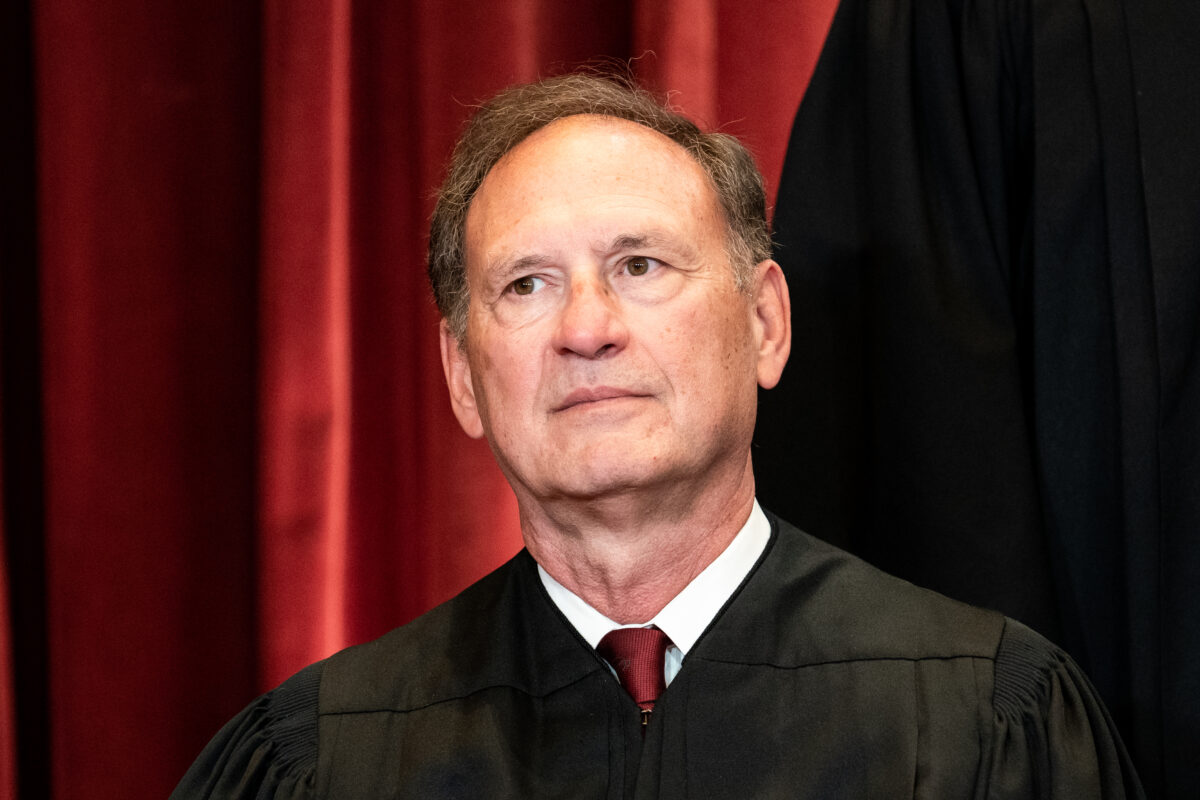
Photo by Erin Schaff-Pool/Getty Images
Justice Samuel Alito offered some pointed criticisms for the arguments of Justice Stephen Breyer that invoked America’s recent spate of mass shootings in his dissent for the Supreme Court’s ruling on a New York law over concealed weapons.
The court released its ruling for New York State Rifle & Pistol Association Inc. v. Bruen on Thursday, striking down a state law that required applicants for concealed carry permits to show “proper cause” for the permit. Critics of the century-old law argued that it unfairly restricted people from exercising their Second Amendment rights in public for self defense, while gun control proponents argued that striking the law down would increase the national risk of gun violence.
The 6-3 majority ruling was delivered by Justice Clarence Thomas while Justices Breyer, Sonia Sotomayor, and Elena Kagan voted against it. Breyer wrote the dissent for the case, and as he warned about the ruling’s implications amid America’s prevalence of gun violence, he invoked Uvalde, Buffalo, and several other mass shootings in recent years to warn of the dangers from easy access to guns.
From the dissent:
Many States have tried to address some of the dangers of gun violence just described by passing laws that limit, in various ways, who may purchase, carry, or use firearms of different kinds. The Court today severely burdens States’ efforts to do so…New York’s Legislature considered the empirical evidence about gun violence and adopted a reasonable licensing law to regulate the concealed carriage of handguns in order to keep the people of New York safe. The Court today strikes down that law based only on the pleadings. It gives the State no opportunity to present evidence justifying its reasons for adopting the law or showing how the law actually operates in practice, and it does not so much as acknowledge these important considerations. Because I cannot agree with the Court’s decision to strike New York’s law down without allowing for discovery or the development of any evidentiary record, without considering the State’s compelling interest in preventing gun violence and protecting the safety of its citizens, and without considering the potentially deadly consequences of its decision, I respectfully dissent.
In response to the dissent, Alito wrote a concurring opinion where he dismissed the relevance of Breyer’s mass shooting examples, plus the prevalence of guns in American society. He also took a jab at the now-defunct New York law by remarking that it didn’t prevent the Buffalo shooter’s rampage.
In light of what we have actually held, it is hard to see what legitimate purpose can possibly be served by most of the dissent’s lengthy introductory section. Why, for example, does the dissent think it is relevant to recount the mass shootings that have occurred in recent years? Does the dissent think that laws like New York’s prevent or deter such atrocities? Will a person bent on carrying out a mass shooting be stopped if he knows that it is illegal to carry a handgun outside the home? And how does the dissent account for the fact that one of the mass shootings near the top of its list took place in Buffalo? The New York law at issue in this case obviously did not stop that perpetrator.
New: The Mediaite One-Sheet "Newsletter of Newsletters"
Your daily summary and analysis of what the many, many media newsletters are saying and reporting. Subscribe now!
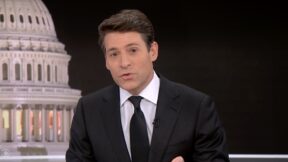
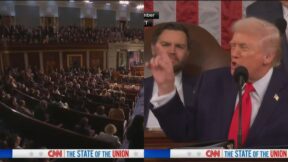

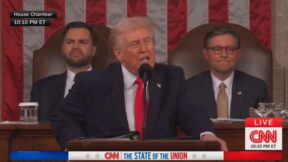
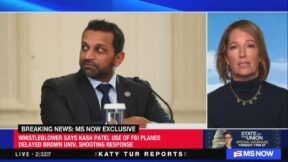

Comments
↓ Scroll down for comments ↓